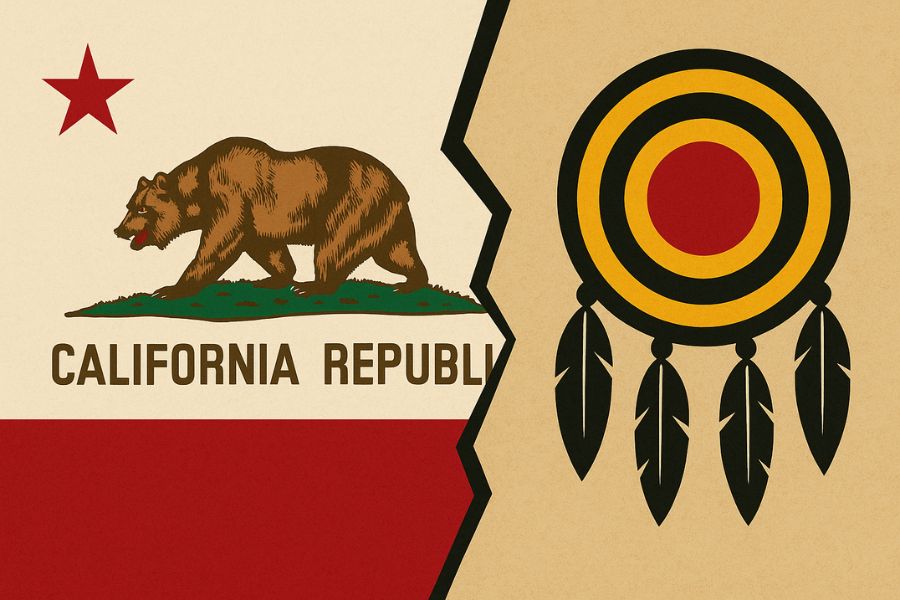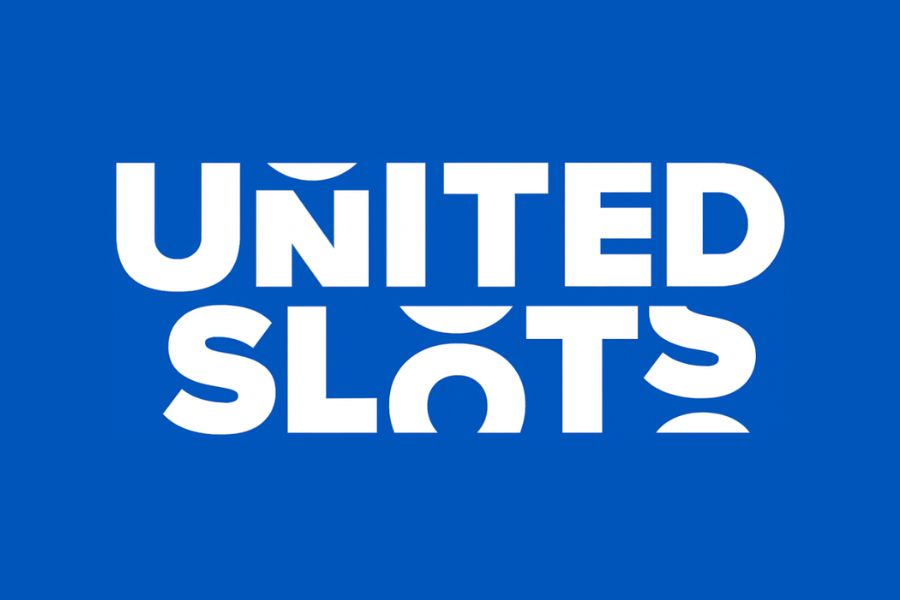California has approved AB 831, a law that bans online sweepstakes casinos statewide. Gov. Gavin Newsom signed the bill this week, and the ban takes effect on January 1, 2026. The measure drew a swift reaction from tribal leadership.
Many leaders aligned with the Indian Gaming Association and the California Nations Indian Gaming Association (CNIGA) praised the move as protecting longstanding tribal gaming rights.
Some smaller tribes and industry groups, however, warned that the ban could cut off a growing digital revenue stream and cost jobs, arguing the state should regulate instead of prohibit.
Why Many Tribal Leaders Support the Ban
For decades, California has recognized tribal exclusivity for certain types of gaming through compacts with the state. Supporters say sweepstakes casinos blurred that line by offering casino-style play under promotional sweepstakes rules.
By signing AB 831, the state reaffirms the principle that tribes hold exclusive rights to offer specific gaming, in exchange for revenue sharing and strict oversight. Leaders within CNIGA framed the bill as a necessary step to keep the market consistent with the state constitution and to respect voter-approved frameworks that have guided tribal gaming for years.
Backers also cited consumer protection. They argue that unlicensed online operators can create confusion, especially when advertising looks like real-money casinos but relies on sweepstakes mechanics.
A clear ban, they say, closes loopholes, sets one standard, and reduces the risk of offshore-style operators targeting Californians. For these supporters, the big picture is about sovereignty, clarity, and long-term stability.
Ending the grey area now, they contend, should reduce conflicts with tribal compacts and make room for future, negotiated paths to digital gaming that center tribal leadership.
Voices of concern—and what comes next
Not everyone agrees. Some smaller California tribes say a full prohibition removes one of the few near-term digital options available to communities far from major tourist corridors.
They argue that a regulated model—with licensing, taxes, and responsible gaming tools—could support healthcare, education, and housing on reservations while bringing real oversight to a space many residents already use.
Industry advocates have warned of potential job losses and economic impacts if companies shut down California-facing operations rather than transition into a regulated system.
The immediate effect is already visible: several sweepstakes operators are pulling back from the state as they reassess risk and prepare for 2026.
Trade groups are also signaling possible legal and policy challenges, from free-speech questions around influencer promotions to debates over how payment processors should treat virtual coins used in sweepstakes models.
Meanwhile, some tribal governments that support the ban are urging caution on any quick pivot to commercial online gambling, stressing sovereignty and ensuring that any future digital framework is built by tribes, for tribes.
What should players expect? In the short term, platforms may tighten access for Californians, adjust promotions, or exit entirely ahead of the 2026 start date. Over the next year, watch for guidance on enforcement priorities, including how the state treats marketing, affiliates, and payment rails linked to sweepstakes products.
Nationally, other states are studying California’s move; the outcome could influence whether jurisdictions choose prohibition, regulation, or a hybrid path that centers tribal participation. However the details unfold, one fact is clear: AB 831 has re-set the debate, placing tribal compacts and sovereignty at the core of California’s online gaming future.




